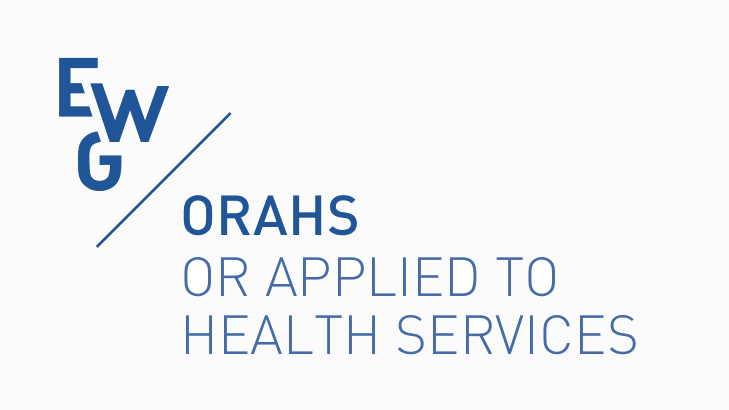
In January 1975 the first European Congress on Operations Research (EURO 1) was held in Brussels. EURO 1 marked the establishment of a European Association of Operational Research (O.R.) Societies and the creation of a number of European Working Groups (EWG), one of which being O.R. Applied to Health Services. The broad aim of this working group is to promote co-operation between European O.R. Scientists engaged to work in the health services.
The first meeting of that working group was held in September 1975 in Exeter, England, attended by 14 representatives, covering the countries of Denmark, Germany (West), Greece, Ireland, The Netherlands and the United Kingdom.
The above paragraph is the initial part of the report on the first meeting edited by Duncan Boldy, first chairman of the EWG ORAHS (here the complete report). From 1975 to 2023, the EWG ORAHS organised 49 annual meetings, 2 EURO Summer/Winter Institutes (here), and one EURO PhD School (here). The EWG ORAHS visited 19 European countries plus Brazil and Canada (here). The number of participants at the annual meeting has grown over the years making the ORAHS conference one of the most important OR conferences in Healthcare (here).
The 50th ORAHS conference is intended as an opportunity to ponder on 50 years of health operational research and its practical and methodological impact. The conference’s theme can therefore only be “Making an impact. Reflecting on 50 years of healthcare operational research”. This theme will be explored through plenaries and special sessions in addition to the usual regular talk, discussion, and poster sessions. Further, all submitted posters by doctoral students will be nominated for the Steve Gallivan Award (here).
Doing research in OR for healthcare can have a twofold value. On the one hand, our research aspires to provide contributions from a methodological point of view (innovative models, improved algorithms, …). On the other hand, we would like to contribute to improving the quality of life of patients and citizens by improving the services offered by national healthcare systems. This twofold perspective will be addressed during the conference.
The two plenaries will address the concept of “Making an impact” from different perspectives. The plenary by Stefan Nickel will present concepts, models and evidence that illustrate how OR can have a tangible impact and influence legislative change. The plenary by Carl May will look at impact from an implementation science perspective by means of the development of middle-range theoretical models that identify, characterize and explain the mechanisms that motivate and shape implementation processes.




